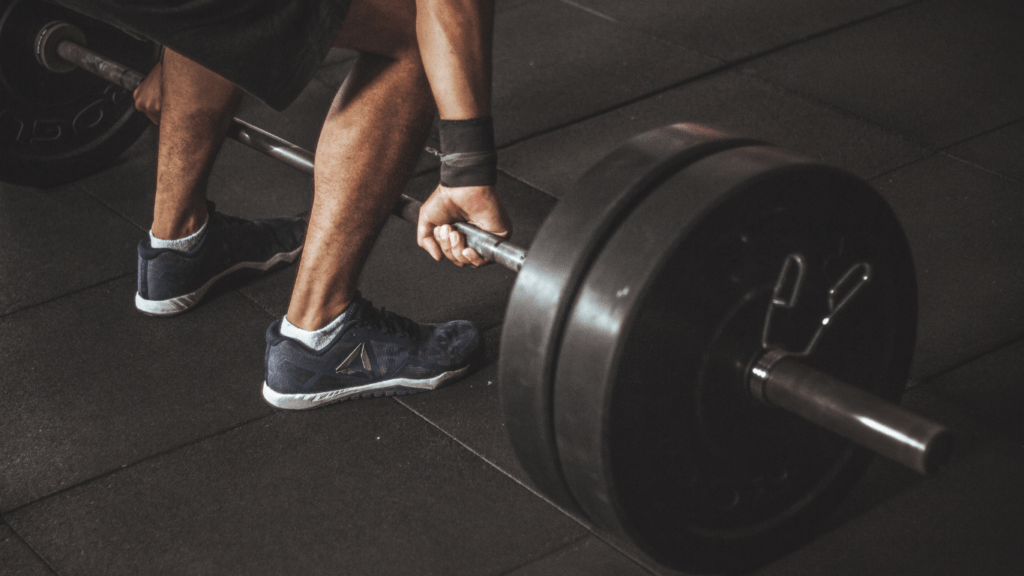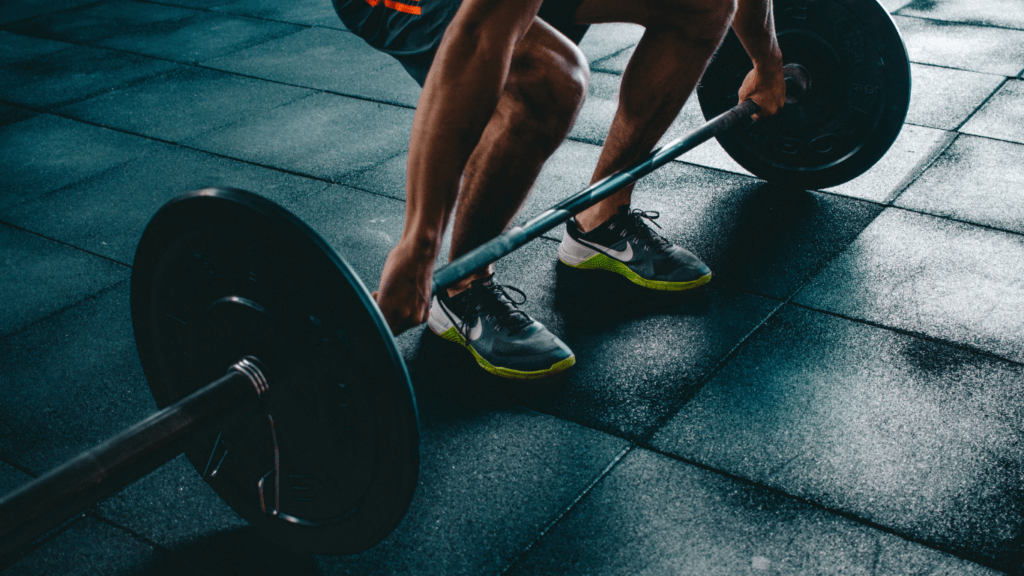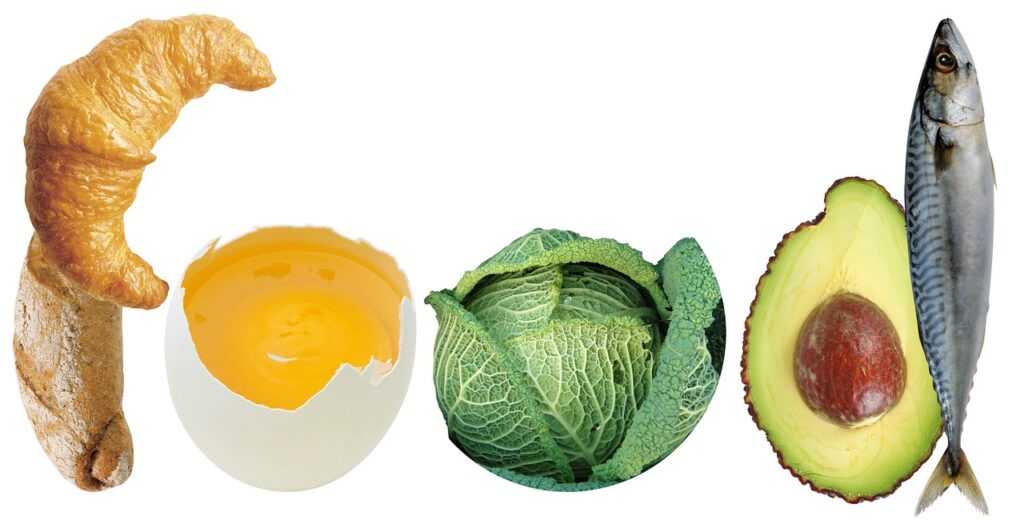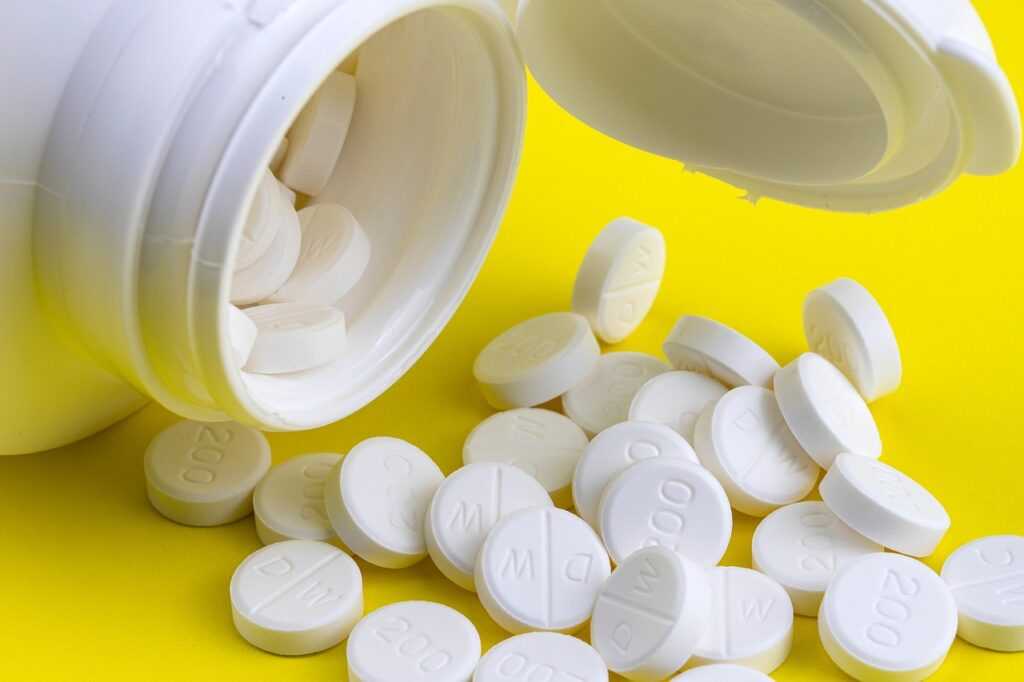When it comes to optimizing performance, what you eat and when you eat it can make a significant difference. In the world of sports and fitness, the concept of nutrient timing has gained considerable attention for its potential to enhance athletic performance. As an athlete or fitness enthusiast, understanding when to fuel your body with the right nutrients can be a game-changer in reaching your peak performance levels.
In this article, I’ll delve into the science behind nutrient timing and explore how strategic meal planning can impact your energy levels, recovery, and overall performance. Whether you’re looking to improve your endurance, build muscle, or simply make the most of your workouts, knowing when to eat for maximum performance can give you the edge you need to excel in your fitness journey.
Importance of Nutrient Timing
Understanding the significance of nutrient timing is crucial for optimizing performance, especially in the realm of sports and fitness. Strategically planning meals and knowing when to supply your body with essential nutrients can profoundly impact athletic performance, energy levels, recovery, and overall effectiveness. Knowing the optimal times to eat for maximum performance can truly revolutionize the way athletes and fitness enthusiasts approach their goals of improving endurance, building muscle, and enhancing the effectiveness of their workouts.
The Role of Carbohydrates
When it comes to optimizing performance, carbohydrates play a crucial role in providing energy for workouts and aiding in recovery. As an athlete, timing your carbohydrate intake strategically can make a significant difference in your overall performance and how your body responds to exercise.
Pre-Workout Carbohydrate Consumption
Before hitting the gym or starting your training session, consuming carbohydrates can help boost your energy levels and improve endurance. Opt for easily digestible carbs like a banana or a slice of whole grain toast about 30 minutes to an hour before your workout. This will provide your muscles with the fuel they need to perform at their best during exercise.
The Significance of Protein Intake
Protein intake plays a vital role in maximizing performance and promoting muscle recovery. Adequate consumption of protein is essential for athletes and fitness enthusiasts to support muscle growth, repair tissues, and optimize recovery post-exercise. Including protein-rich foods in your diet at specific times can enhance athletic performance and aid in achieving fitness goals.
Timing protein intake around workouts is crucial for muscle synthesis and repair. Consuming protein-rich foods, such as chicken, eggs, or protein shakes, after a workout helps rebuild and repair muscle tissues that undergo stress during exercise. Aim to have a protein-rich meal or snack within 30 minutes to an hour post-exercise to jumpstart the recovery process and support muscle growth.
Incorporating protein into your pre-workout meals is equally significant. Eating protein-rich foods like Greek yogurt, lean meats, or nuts before a workout can provide the necessary amino acids for muscle preservation and energy production during exercise. This helps maintain muscle mass and sustain energy levels throughout your training session.
To optimize protein intake for performance, spread your protein consumption evenly throughout the day, including in your meals and snacks. Remember that individual protein needs may vary based on activity level, body weight, and training intensity. Consulting with a nutritionist or dietitian can help tailor your protein intake to meet your specific performance and fitness requirements.
Post-Exercise Nutrition Strategies
In optimizing post-exercise nutrition strategies, I recommend focusing on replenishing glycogen stores and supporting muscle repair and growth. Consuming a combination of carbohydrates and protein after a workout is crucial to aid in recovery and enhance performance.
- Timing Matters: After a workout, it’s essential to refuel within 30 minutes to two hours to maximize glycogen replenishment and muscle recovery. This window is known as the “anabolic window,” where cells are most receptive to nutrients.
- Carbohydrates for Energy: Consuming carbohydrates post-exercise helps replenish glycogen stores, which are depleted during physical activity. Opt for high-glycemic carbohydrates like fruits, white rice, or potatoes for fast absorption and energy restoration.
- Protein for Muscle Repair: Protein plays a vital role in muscle repair and growth. Including a source of high-quality protein like lean meats, eggs, or protein shakes post-workout helps rebuild muscle tissues and support recovery.
- Ideal Ratios: Aim for a ratio of around 3:1 or 4:1 of carbohydrates to protein in your post-exercise meal or snack. This balance promotes glycogen repletion and muscle protein synthesis, aiding in recovery and adaptation to training.
- Hydration: Don’t forget the importance of hydration post-exercise. Replenish fluids lost through sweat by drinking water or electrolyte-rich beverages to support optimal recovery and performance.
By incorporating these post-exercise nutrition strategies into your routine, you can enhance your performance, accelerate recovery, and better support your fitness goals. Remember that individual nutrient needs may vary based on activity level, intensity, and personal goals, so consider consulting with a nutrition professional to tailor your nutrition plan accordingly.




